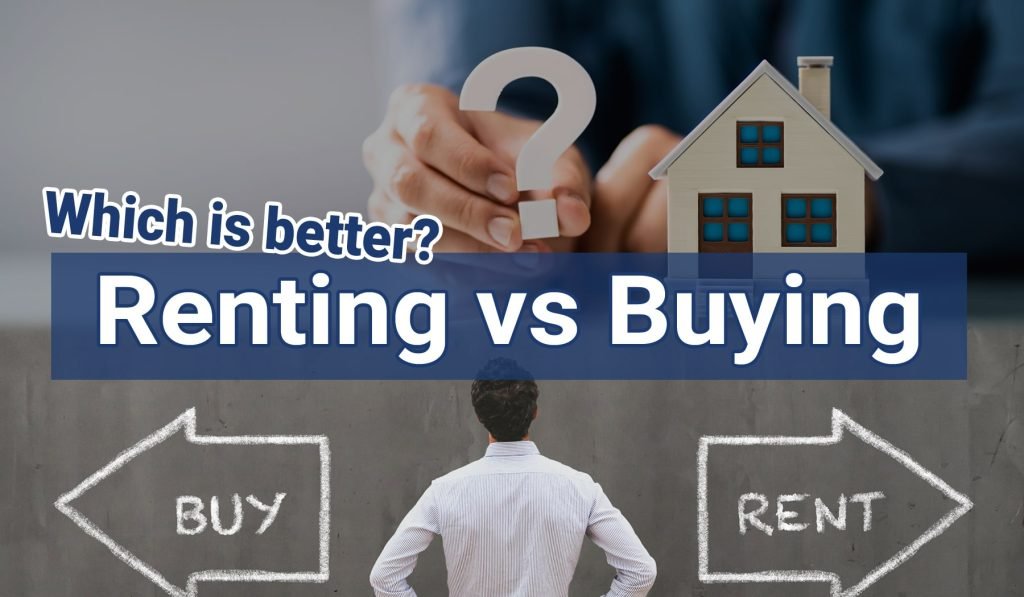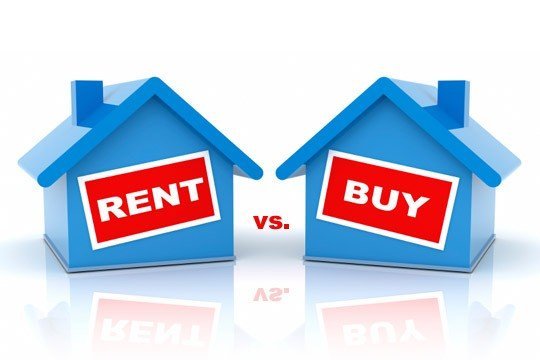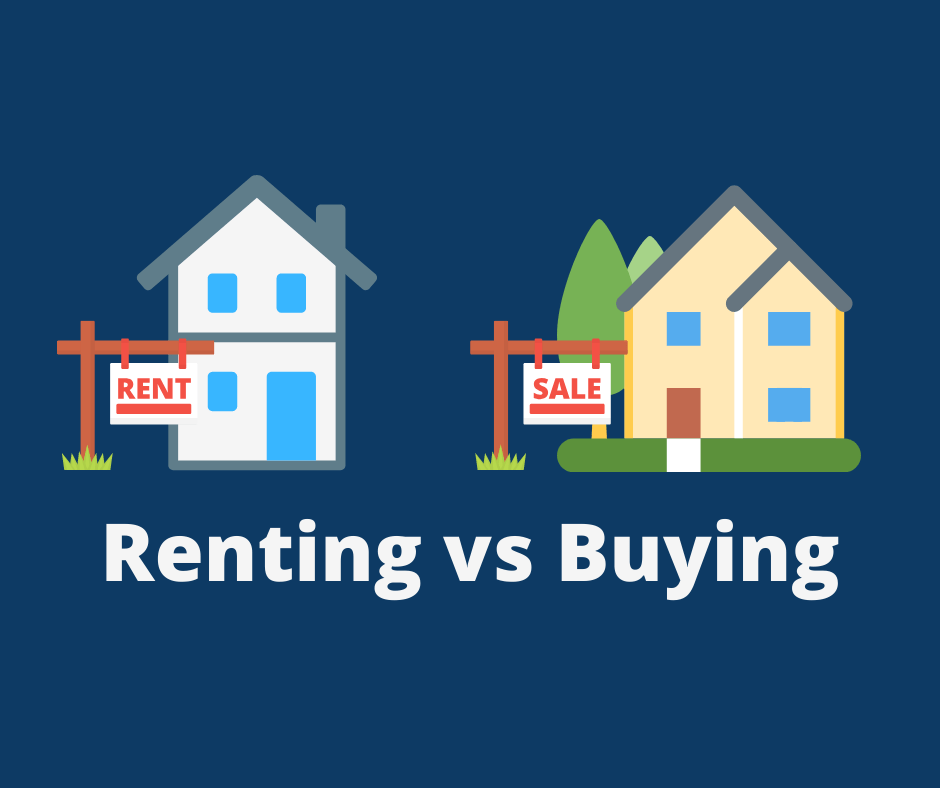Introduction:
Choosing between renting vs buying a house is a significant decision that has long-term implications for your financial well-being. Both options have their advantages and drawbacks, and it’s crucial to carefully evaluate your circumstances before making a choice.
In this blog, we will explore the key factors to consider when deciding to rent or buy a home, and we will provide insights into using a rent vs buy calculator to aid in your decision-making process, with a specific focus on the Indian housing market.
1. Renting vs Buying: Factors to Consider
i) Financial Considerations:
a. Upfront costs:
Buying a home typically involves substantial upfront costs, including down payment, closing costs, and registration fees. On the other hand, renting requires a security deposit and possibly a few months’ rent in advance.
b. Monthly expenses:
When renting, your monthly expenses typically include rent, utilities, and renter’s insurance. When buying, you need to consider mortgage payments, property taxes, home insurance, maintenance costs, and utilities.

c. Long-term affordability:
Assess your financial situation and determine if you can comfortably afford homeownership. Consider factors such as your income stability, job security, and potential future expenses.
ii) Flexibility and Lifestyle:
a. Mobility:
If you anticipate frequent relocation due to work or personal reasons, renting provides greater flexibility. Buying a house ties you down to a specific location, which may not be suitable for everyone.
b. Personalization:
Homeownership allows you to personalize and modify your property according to your preferences. Renting, on the other hand, often restricts significant alterations, limiting your ability to create a customized living space.
iii) Market Conditions and Investment Potential:
a. Real estate market:
Research the current state of the real estate market in your area. Consider factors such as property prices, market trends, and the potential for property value appreciation.
b. Investment returns:
Buying a house can be a long-term investment, as property values generally appreciate over time. However, it’s essential to evaluate the historical trends and growth potential of the specific market you’re considering.
2. Rent vs Buy Calculator: Analyzing the Numbers
The rent vs buy calculator is a valuable tool that helps assess the financial implications of renting versus buying a home. Here’s how you can utilize a rent vs buy calculator to make an informed decision:
i) Gather necessary information:
Collect details such as rental costs, home prices, estimated mortgage interest rate, down payment amount, expected length of stay, and annual home appreciation rate.

ii) Input data into the calculator:
Use a reliable online rent vs buy calculator or a spreadsheet to input the collected information accurately.
iii) Evaluate the results:
a. Cash flow analysis:
The calculator will provide a comparison of monthly costs for renting and buying, including mortgage payments, rent payments, insurance, taxes, maintenance, and potential investment returns.
b. Break-even point:
The calculator may determine the number of years it takes for homeownership to become financially advantageous compared to renting.
c. Consider future scenarios:
Experiment with different assumptions, such as varying interest rates, rent increases, or home appreciation rates, to understand their impact on your decision.
3. Rent vs Buy Calculator in the Indian Context
When using a rent vs buy calculator in India, there are some country-specific factors to consider:

i) Affordability:
Assess your eligibility for home loans and understand the prevailing interest rates, loan terms, and associated costs in the Indian housing market.
ii) Tax benefits:
Be aware of the tax deductions available for home loans, such as those on principal repayment and interest payments under Section 24 and Section 80C of the Income Tax Act.
iii) Rental market dynamics:
Research rental trends in your desired location to accurately estimate rental costs and potential rent increases.
Conclusion:
Deciding whether to rent or buy a home requires careful consideration of your financial situation, lifestyle preferences, and long-term goals. Use a rent vs buy calculator to assess the financial implications and gain insights into the long-term costs and benefits of each option. However, remember that the decision ultimately depends on your unique circumstances and priorities.
Also, Read Our Latest Blog Posts:
- The New Evolution of Telangana Secretariat and The Tallest Ambedkar Statue: Symbol of Equality and Justice
- A Wonderful Drive Trip On Outer Ring Road, Hyderabad
- Brief Info of Regional Ring Road, Hyderabad
- Exploring Hyderabad’s Mobility Valley: The Hub of Innovation and Connectivity
- Do You Know 13 Myths About HMDA Master Plan?
- Properties In Hyderabad
- Agriculture Land Near Hyderabad
- Villas Near Hyderabad
Frequently Asked Questions
Ans: Take into account factors such as the size, location, amenities, and condition of the rental properties in that area.
Ans: Yes, the rent vs buy calculator allows you to experiment with different assumptions such as interest rates, rent increases, home appreciation rates, and length of stay.
Ans: Analyzing the local real estate market, and historical property value trends, and using a rent vs buy calculator can help evaluate the investment potential of buying a home.


